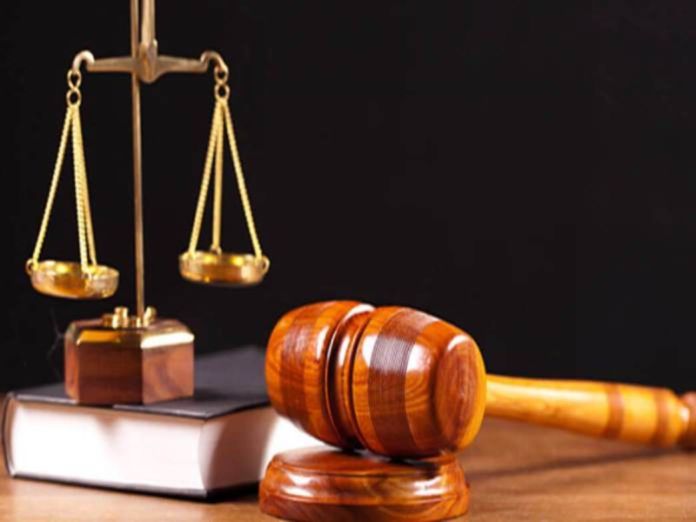By Yankuba Jallow
The Supreme Court of the Gambia, on Tuesday, 28December dismissed the motion brought by President Adama Barrow’s lawyers seeking to dismiss the UDP election petition filed against the incumbent head of state.
It was the argument of Lawyer Sheriff Marie Tambadou for President Adama Barrow that there was no personal service on the President. Tambadour argued that Barrow was not served as required by Rule 12. He argued that the petitioners (UDP) never applied for substituted service on the President. He submitted that the process was a nullity.
Lawyer Tambadou raised an issue that the Independent Electoral Commission was not properly added in the suit. Tambadou said the order for the joinder of IEC was done outside the 10 days. He submitted that election petition rules should be interpreted strictly, adding that not to comply with the rules is fatal to the petition relying on some decided cases.
He said the failure to effect personal service, the way the UDP did the amendment of their petition and the way IEC was joined in the suit all resulted in fatality of the proceedings. Consequently, he urged the court to dismiss the petition.
Lawyer Kebba Sanyang for IEC associated himself with the submissions of Lawyer Tambadou.
Hussein Thomasi, the Solicitor General said it is in the public interest that the court is required to interpret election petition rules strictly. He relied on several case laws to urge the court to dismiss the suit.
Lawyer Bory S. Touray in his counter argument said the motion should be dismissed for lack of merit. He argued that the petition and the amended petition were both filed within time. On whether the petitioners sought the court leave for filing an amended petition, Lawyer Touray said they made oral application to the court which was granted.
On reply on points of law, Lawyer Tambadou said there is no waiver to the rule requiring personal service.
Chief Justice Hassan B. Jallow delivering the ruling of the court said election petition rules should be interpreted strictly. He cited some decided cases including the Gambia Supreme Court case of Joseph Henry Joof and IEC.
He found and held that the petitioners (UDP) filed their petition and amended petition within time. He dismissed Tambadou’s argument that IEC was added wrongly in the suit. He mentioned that IEC is proper party in the suit adding cases like this, IEC should be added. On the complaint of ex-parte arguments, he said that is non-issue as he dismissed Tambadou’s arguments on that line.
On the issue of personal service, Justice Jallow said Rule 12 requires personal service and in the case it is not possible, it provides for subsisted service. He said the petition was served on the President by the court’s process server through Alagie Ceesay, Chief Protocol Officer at State House. The Judge went ahead to say ordinarily, personal service should be done on the Respondent. He said however, under the special circumstance of this case, the Respondent is the President and service was done on his Chief of Protocol, who is a senior government official. The Court found and held that President Adama Barrow was duly served.
The apex court dismissed the motion for lack of merit.
The UDP brought the petition urging the Supreme Court to determine that the election of President Adama Barrow was invalid by reason of corrupt practices. The party wants the apex court to hold that President Adama Barrow was not duly elected and his election was otherwise invalid.
UDP also wants the court to determine that the votes casted in favour of President Adama Barrow in all regions as void by reason of his corrupt and illegal practices.
They want the highest court to determine that the election was invalid by reason of non-compliance with the electoral laws, widespread irregularities and improprieties which affected the results in favour of President Adama Barrow.
Finally, the party wants the Supreme Court to determine that the elections was invalid by the non-compliance with the Constitution and all applicable election laws.
















